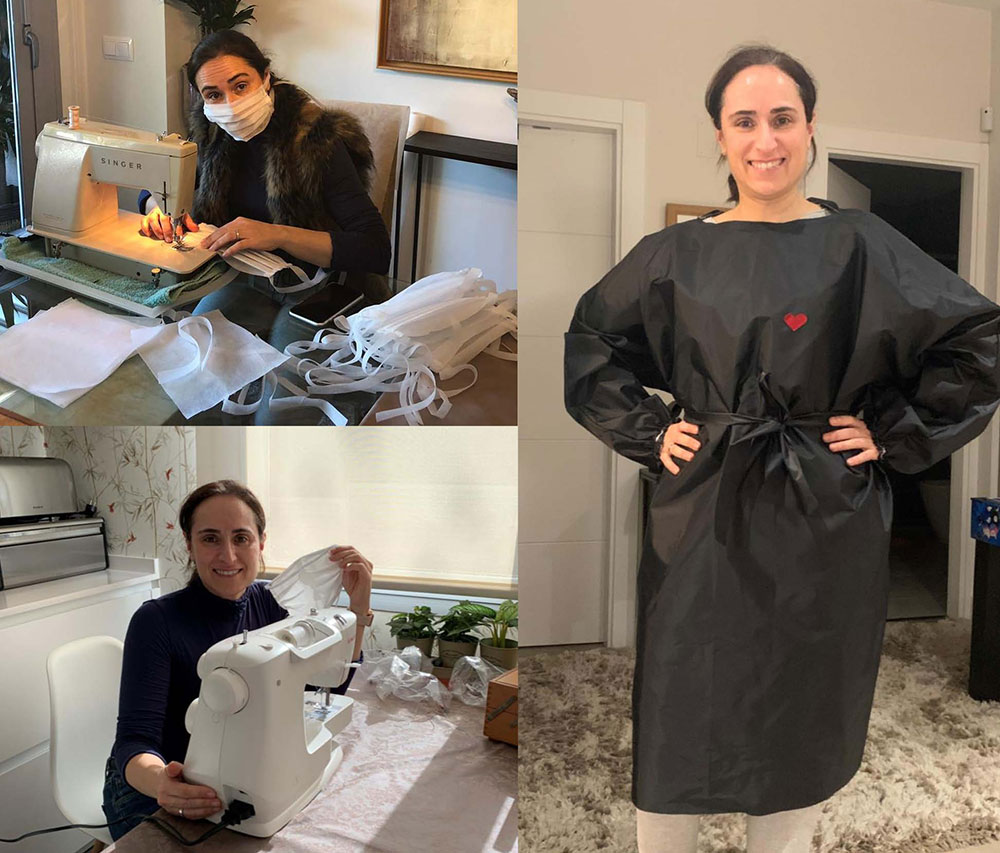
“For better or worse, we are always here”
Alberto
Volunteered to disinfect streets with his tractor after the onset of COVID-19
Location: Spain, Laguna de Negrillos, León
Alberto has always worked in the best interest of his community. For him as an organic farmer, it essentially meant bringing quality food to the citizens of Laguna de Negrillos (León) and beyond. COVID-19 didn’t change much to his daily routine. Except maybe for one thing: He started working also on Sundays, causing his constant efforts to be put under the spotlight and even be noticed by the Food and Agriculture Organization of the United Nations (FAO). “We essentially kept working in the same way, but other farmers and myself came up with the idea of helping authorities disinfect streets and other possible public sources of contagions,” Alberto explains. “We presented this idea, and the government gave us the necessary guidelines.” Alberto soon gathered a team of volunteers. A single message was enough to convince them: "If we can collaborate and save or protect our elders from a possible infection, then let’s go ahead." Volunteers used their tractors where they could while doing the rest on foot, proving the strength of their commitment to supporting their community.



















